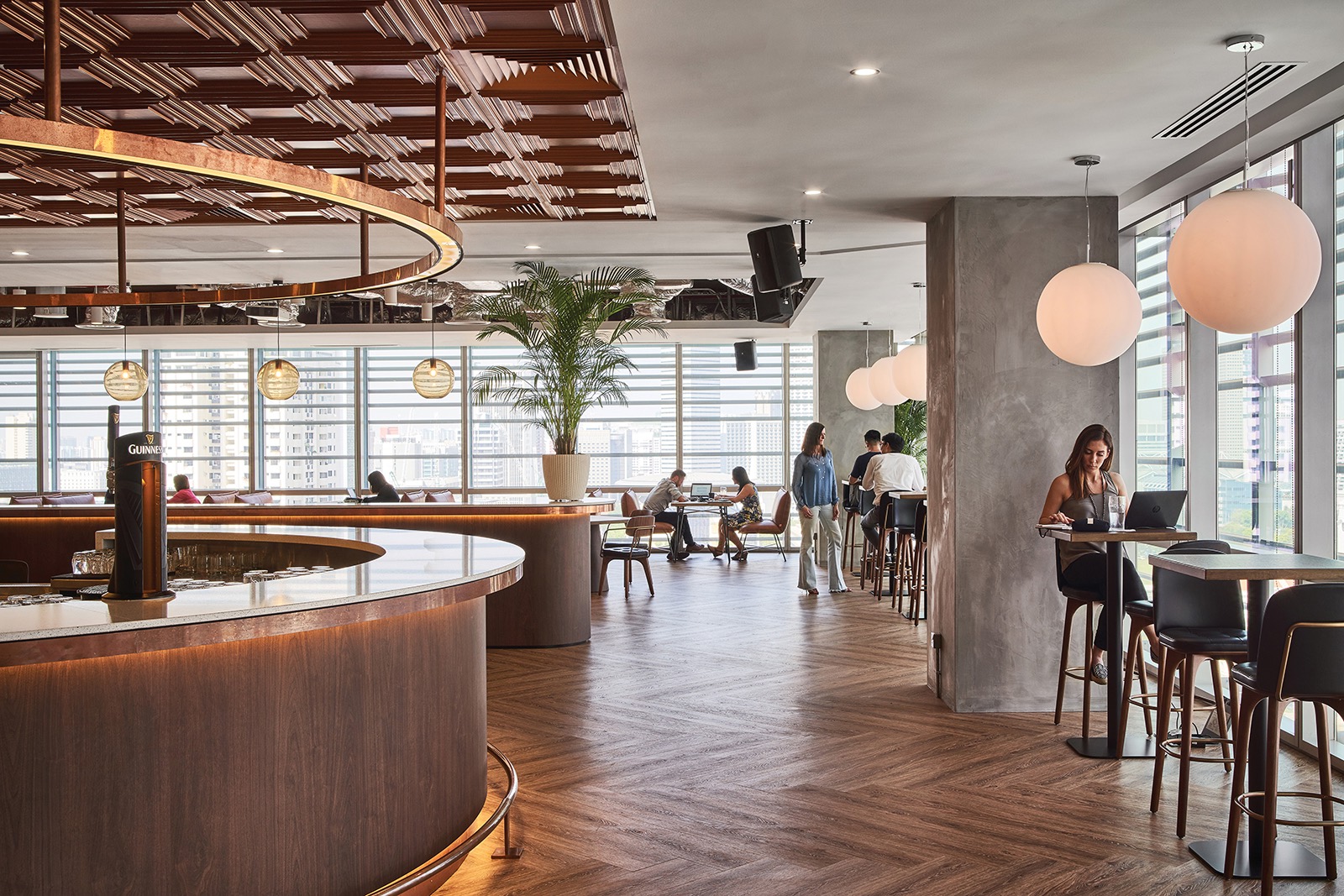Intelligence, Applied - Issue
This is issue #1 of intelligence, applied. Hope you’re keeping well. I want to thank you for subscribing - I know you have a thousand other emails and newsletters in your inbox that are clamouring for your attention. I promise to keep this short and useful. If you’re reading this on my website and not via email, I’d encourage you to subscribe here.
A quick primer: I’m interested in the applications of machine learning and data to further human potential, agnostic of realm or industry. Through this newsletter I’m hoping to highlight data projects that I find interesting, or podcasts, articles and playlists that inspire me.
Saadat
A new type of growth #
“When there is a forest fire, the ground becomes more fertile, for the next trees to grow.”
- Eric Reis, Out of the Crisis, interview with Brian Chesky (Part Two)
If you listen to any podcast this week, let it be this series of conversations between Brian Chesky and Eric Ries, where they talk about the collective response of entrepreneurs to the current crisis. It’s a long podcast, but it helped reframe my thinking, and made me hopeful for the future. I’ve always been a fan of the Airbnb product, but after listening to two hours of Brian Chesky talk, I’ve come away with a lot of respect for the way that he is leading Airbnb out of the crisis.
Link to podcast here.
You can also listen directly here:
Aside: My wife pointed out that while Eric’s insight about forest fires is inspiring, the truth is that the ground doesn’t “automatically” become fertile after a fire - soil needs human or other animal intervention in order to raise nitrogen levels, which is what makes it fertile. I think that makes the quote even more prescient for these times. We’re going to have to work really hard to make create new economic conditions for growth. My hope is that we learn from the past ten years of technological progress, and focus on generating sustainable growth.
Knowledge Work 2.0: the future of the office is community #
Last week, we learned that a number of prominent tech firms are adopting remote/distributed work for their employees for the balance of the year, and possibly into 2021. While many are celebrated the demise of the office, this left me thinking and dreaming about the future of distributed work and the office. Contrary to some voices on Twitter, I don’t think that office spaces are doomed, but will need to be redesigned for Knowledge Work 2.0.
Enough has been written about the advantages of distributed/remote work, so I won’t add to that discussion - but there is still a need a for physical location for employees to gather, meet, and collaborate. I think that the future office will resemble a community space - complete with a gym (gotta have Peletons), a library, breakout rooms, gardens, and a cafe. Maybe even a hair salon. In fact, the modern office will have very little to do with work, and everything to do with building a sense community for people who are working together on a mission.
I know what you’re thinking - wait, isn’t that just a WeWork? No, in my mind the future office is more like a YMCA. Meet, collaborate, sweat, fuel your mind in the office, and then gravitate back to the place where you can do your best work. Less co-working, more co-learning.
While we’re far away from thinking about office space for Modern, I’ve started putting together a Pinterest board as inspiration for the future.
 ###### Image Source: [officelovin](https://www.officelovin.com/wp-content/uploads/2018/06/diageo-office-singapore-5.jpg)
###### Image Source: [officelovin](https://www.officelovin.com/wp-content/uploads/2018/06/diageo-office-singapore-5.jpg)Aside: I’m aware of how lucky I am to be able to work remotely, and how my profession affords the ability to dream of future office spaces. I do not take that for granted. There are millions of people who have been adversely affected by the pandemic, and will continue to be affected for years to come.
Plant-Net: a great example of a data product #
I’m learning to love gardening and plants; it’s not my favourite hobby yet, but discovering an interesting data product related to plants certainly helped pique my interest in gardening. If you’ve ever found an unknown flower in your garden, and wondered - what if I could take a photo of this flower, and perform a reverse image search on it?
Turns out, that app exists. It’s called Plant-Net, available for iPhone and Android. The premise is simple - take a photo of the app, identify the part, and it scours millions of other images to identify the plant species for you. In a follow up blog post, I’m hope to dive into the types of image recognition algorithm the makers of this app are using.
Link to download Plant-Net here.
ps. this is the only way that my wife convinced me to spend hours in the garden with her.
Feedback is welcome, as always.
Have a great week.
Saadat [https://saadatqadri.com]